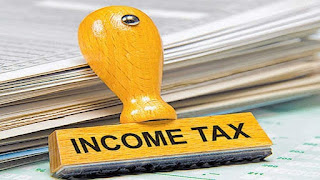No tax implications for gifting gold coins
As the gold coins were held for more than 36 months, they will qualify as a long-term capital asset. The resultant gain/loss would be taxable as long-term capital gains/loss (LTCG/L) in your hands.
LTCG/L is calculated as the difference between net sale consideration (the actual sale consideration less incidental expenses) and the indexed cost of acquisition (ICOA) and improvement. The ICOA would be calculated as cost of acquisition/cost inflation index (CII) of FY2010-11 (i.e. 167) * CII of year of sale.The tax is payable at 20% (plus applicable surcharge and cess) on the resulting LTCG.
A rollover exemption can be sought against this LTCG under Section 54F of the Income Tax Act by buying or building a residential property, subject to the prescribed conditions and timelines.
Transferring the gold coins by way of a gift would not give rise to any tax implications in your hands as the donor. Further, from the donee’s perspective, if you are a specified relative, then the transaction of gift would not give rise to any tax implications in the hands of the recipient as well.
Further, it would be advisable that any such gift be documented in a legal document viz. a gift deed and placed in the records. However, you should seek a legal opinion on the appropriate documentation and stamp duty implications (if any). The onus of proving that the transfer of gold coins between you and your relatives is a gift/irrevocable transfer would be on you and your relative and there should be robust documentation to support the claim.
As per the Payment of Gratuity Act, 1972 (POGA), an employee who is employed for wages in or in connection with an establishment to which POGA applies and rendered continuous service for not less than five years shall be eligible to receive gratuity.
Assuming that your Indian employer-employee relationship was terminated during your overseas deputation and POGA is not applicable to the overseas company, the services rendered by you overseas may not be considered for the purpose of counting of continuous service of five years for the purpose of gratuity.
However, the exact arrangement and terms of your employment with the Indian/overseas company may need to be evaluated to further comment on the same.
Source:https://www.livemint.com/money/personal-finance/no-tax-implications-for-gifting-gold-coins-11621196691454.html
Download our App to get knowledge updates: https://play.google.com/store/apps/details?id=com.app.gstmitraa
Join Our Telegram Channel for more updates: https://t.me/praveengst




Comments
Post a Comment